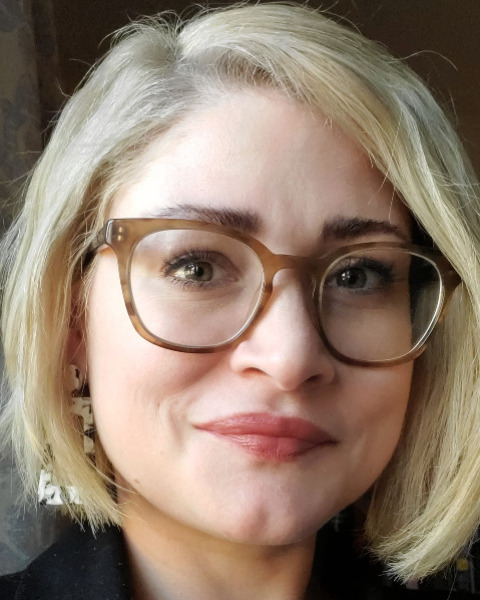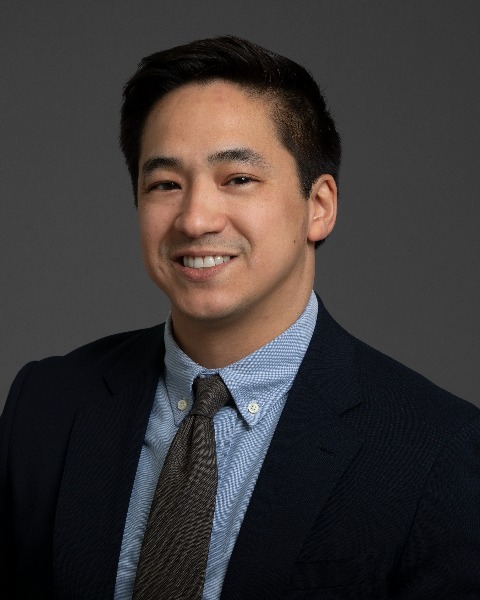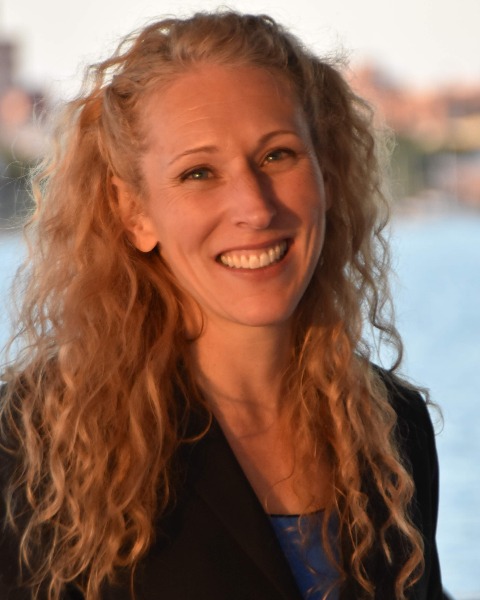Health Sciences
Measurement Matters in Epidemiologic Studies of Sensory Health and Aging
-

Jennifer Deal, PhD (she/her/hers)
Associate Professor
Epidemiology
Johns Hopkins University
Baltimore, Maryland, United States -

Bryan James, PhD (he/him/his)
Associate Professor
Rush Alzheimer's Disease Center
Rush University Medical Center
Chicago, Illinois, United States -

Alison Abraham, PhD, MS, MHS (she/her/hers)
Associate Professor
Epidemiology
Colorado School of Public Health
Aurora, Colorado, United States -

Jennifer Deal, PhD (she/her/hers)
Associate Professor
Epidemiology
Johns Hopkins University
Baltimore, Maryland, United States -

Niranjani Nagarajan, MD, MPH
Research Area Specialist
Kellogg Eye Center
Michigan Medicine
Ann Arbor, Michigan, United States
Chair(s)
Co-Chair(s)
Discussant(s)
Individual Symposium Abstract First Author(s)
Valid and reliable measurement is a cornerstone of epidemiologic data collection and analysis. Sensory health is important for maintaining cognitive, physical and social function with age, but multiple measures of sensory health exist, and not all are the same. For example, audiometric hearing loss reflects the cochlea’s ability to process sound, while self-report captures an individual’s perception of their hearing ability within their social and environmental context. How we measure sensory function has important ramifications for prevalence estimates and results from association studies, and therefore, public health and clinical decision-making. Sensory loss may also have important implications for the measurement of other factors in aging research. For example, neurocognitive tests are administered aurally or on paper, which could present a challenge for older adults with sensory loss. This session, jointly sponsored by the Sensory Health and Epidemiology of Aging Special Interest Groups, focuses on the intersection of measurement and sensory health. We will report on vison and hearing measures in a large, nationally representative study of Medicare Beneficiaries, with a focus on the recent addition of objective measures of vision and hearing loss, and their implications for sensory loss prevalence estimates, particularly for the oldest old. We will also discuss how sensory loss impacts cognitive testing, including best practices for measuring cognitive function in older adults. Finally, we will present on how choice of hearing measure (self-report vs. audiometry) has important ramifications for population attributable fraction estimates, with direct implications for public health intervention for dementia prevention.
This is a collaborative symposium between the Epidemiology of Aging and Sensory Health Interest Groups.
Learning Objectives:
- Compare different measures of hearing loss and what aspects of hearing health they measure.
- Compare different measures of vision loss and what aspects of vision health they measure.
- Describe best practices for inclusion of older adults with sensory loss in research studies measuring cognitive function.
Presentations:
-
4:30 PM - 6:00 PM ETMeasuring Cognitive Function in Older Adults With Sensory Loss
Individual Symposium Abstract First Author: Jennifer Deal, PhD (she/her/hers) – Johns Hopkins University
-
4:30 PM - 6:00 PM ETHearing Loss Among Older Adults in the National Health Aging Trends Study
-
4:30 PM - 6:00 PM ETNew Measures and Population Prevalence of Vision Impairment in NHATS
Individual Symposium Abstract First Author: Niranjani Nagarajan, MD, MPH – Michigan Medicine
-
4:30 PM - 6:00 PM ETPopulation Attributable Fractions for the Contribution of Hearing Loss on Dementia Risk Across Cohort Studies
